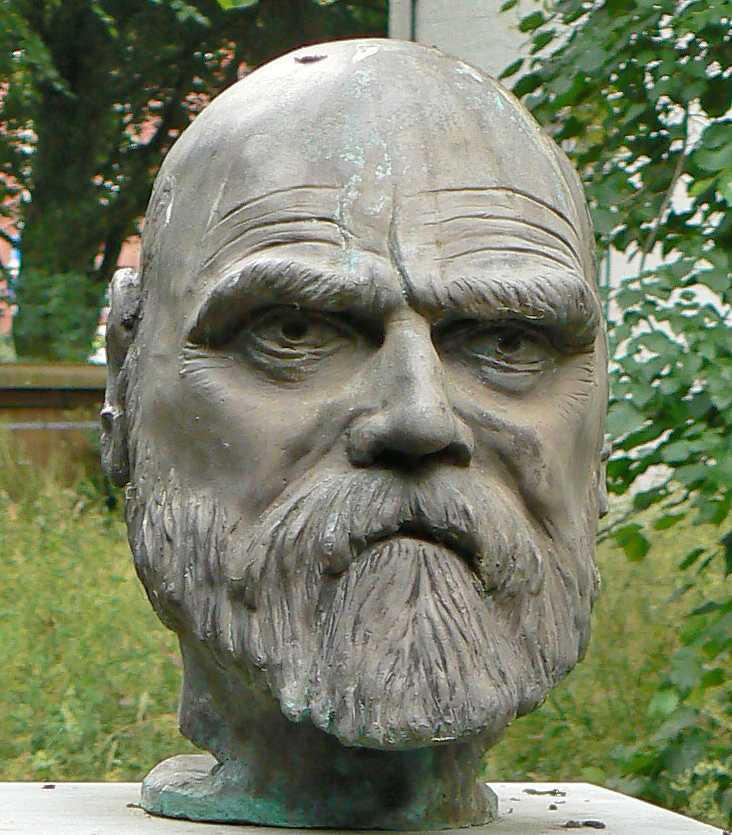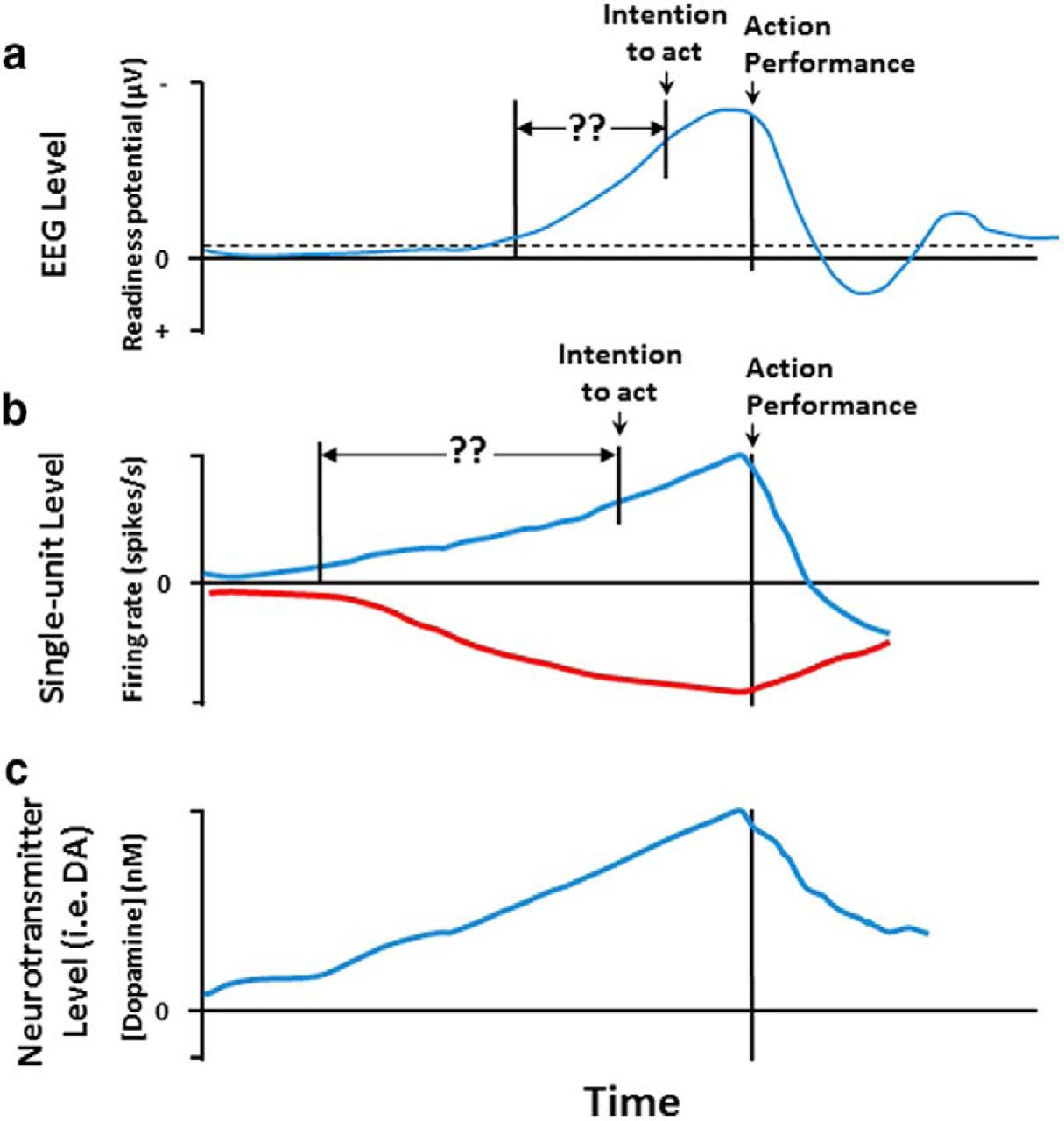|
Will (sociology)
In sociology, will is a concept introduced by Ferdinand Tönnies in "'' Gemeinschaft und Gesellschaft''", 1887. Tönnies' approach was very much indebted to Spinoza's dictum ''voluntas atque intellectus unum et idem sunt'' ("will as well as ratio are one and the same"), and to Arthur Schopenhauer. Tönnies saw a fundamental cleavage between "essential will" (''Wesenwille'') creating community (''Gemeinschaft''), and "arbitrary will" (''Kürwille''), creating society (''Gesellschaft'') - ''see'' Ferdinand Tönnies. See also *Neuroscience of free will *Voluntarism (action) Voluntarism, sometimes referred to as voluntary action, is the principle that individuals are free to choose goals and how to achieve them within the bounds of certain societal and cultural constraints, as opposed to actions that are coerced or pr ... Sociological terminology {{Socio-stub ... [...More Info...] [...Related Items...] OR: [Wikipedia] [Google] [Baidu] |
Sociology
Sociology is a social science that focuses on society, human social behavior, patterns of Interpersonal ties, social relationships, social interaction, and aspects of culture associated with everyday life. It uses various methods of Empirical research, empirical investigation and critical analysis to develop a body of knowledge about social order and social change. While some sociologists conduct research that may be applied directly to social policy and welfare, others focus primarily on refining the Theory, theoretical understanding of social processes and phenomenology (sociology), phenomenological method. Subject matter can range from Microsociology, micro-level analyses of society (i.e. of individual interaction and agency (sociology), agency) to Macrosociology, macro-level analyses (i.e. of social systems and social structure). Traditional focuses of sociology include social stratification, social class, social mobility, sociology of religion, religion, secularization, S ... [...More Info...] [...Related Items...] OR: [Wikipedia] [Google] [Baidu] |
Ferdinand Tönnies
Ferdinand Tönnies (; 26 July 1855 – 9 April 1936) was a German sociologist, economist, and philosopher. He was a significant contributor to sociological theory and field studies, best known for distinguishing between two types of social groups, Gemeinschaft and Gesellschaft (''community and society''). He co-founded the German Society for Sociology together with Max Weber and Georg Simmel and many other founders. He was president of the society from 1909 to 1933, after which he was ousted for having criticized the Nazis. Tönnies was regarded as the first proper German sociologist and published over 900 works, contributing to many areas of sociology and philosophy. Tönnies, Max Weber, and Georg Simmel are considered the founding fathers of classical German sociology. Though there has been a resurgence of interest in Weber and Simmel, Tönnies has not drawn as much attention. Biography Early life He was born on 26 July 1855 on the Haubuarg "De Reap," Oldenswort on the ... [...More Info...] [...Related Items...] OR: [Wikipedia] [Google] [Baidu] |
Gemeinschaft And Gesellschaft
''Gemeinschaft'' () and ''Gesellschaft'' (), generally translated as "community and society", are categories which were used by the German sociologist Ferdinand Tönnies in order to categorize social relationships into two types. The Gesellschaft is associated with modern society and rational self-interest, which weakens the traditional bonds of family and local community that typify the Gemeinschaft. Max Weber, a founding figure in sociology, also wrote extensively about the relationship between ''Gemeinschaft'' and ''Gesellschaft''. Weber wrote in direct response to Tönnies. ''Gemeinschaft''–''Gesellschaft'' dichotomy According to the dichotomy, social ties can be categorized, on one hand, as belonging to personal social interactions, and the roles, values, and beliefs based on such interactions (''Gemeinschaft'', German, commonly translated as "community"), or on the other hand as belonging to indirect interactions, impersonal roles, formal values, and beliefs based on such ... [...More Info...] [...Related Items...] OR: [Wikipedia] [Google] [Baidu] |
Baruch De Spinoza
Baruch (de) Spinoza (born Bento de Espinosa; later as an author and a correspondent ''Benedictus de Spinoza'', anglicized to ''Benedict de Spinoza''; 24 November 1632 – 21 February 1677) was a Dutch philosopher of Portuguese-Jewish origin, born in Amsterdam. One of the foremost exponents of 17th-century Rationalism and one of the early and seminal thinkers of the Enlightenment and modern biblical criticism including modern conceptions of the self and the universe, he came to be considered "one of the most important philosophers—and certainly the most radical—of the early modern period." Inspired by Stoicism, Jewish Rationalism, Machiavelli, Hobbes, Descartes, and a variety of heterodox religious thinkers of his day, Spinoza became a leading philosophical figure during the Dutch Golden Age. Spinoza's given name, which means "Blessed", varies among different languages. In Hebrew, his full name is written . In most of the documents and records contemporary with Spinoza's ... [...More Info...] [...Related Items...] OR: [Wikipedia] [Google] [Baidu] |
Arthur Schopenhauer
Arthur Schopenhauer ( , ; 22 February 1788 – 21 September 1860) was a German philosopher. He is best known for his 1818 work ''The World as Will and Representation'' (expanded in 1844), which characterizes the phenomenal world as the product of a blind noumenal will. Building on the transcendental idealism of Immanuel Kant (1724–1804), Schopenhauer developed an atheistic metaphysical and ethical system that rejected the contemporaneous ideas of German idealism. He was among the first thinkers in Western philosophy to share and affirm significant tenets of Indian philosophy, such as asceticism, denial of the self, and the notion of the world-as-appearance. His work has been described as an exemplary manifestation of philosophical pessimism. Though his work failed to garner substantial attention during his lifetime, Schopenhauer had a posthumous impact across various disciplines, including philosophy, literature, and science. His writing on aesthetics, morality, and psyc ... [...More Info...] [...Related Items...] OR: [Wikipedia] [Google] [Baidu] |
Neuroscience Of Free Will
Neuroscience of free will, a part of neurophilosophy, is the study of topics related to free will (Volition (psychology), volition and sense of agency) using neuroscience, and the analysis of how findings from such studies may impact the free will debate. As it has become possible to study the living human brain, researchers have begun to watch neural decision-making processes at work. Studies have revealed unexpected things about Agency (philosophy), human agency, moral responsibility, and consciousness in general. One of the pioneering studies in this domain was conducted by Benjamin Libet and colleagues in 1983 and has been the foundation of many studies in the years since. Other studies have attempted to predict participant actions before they make them, explore how we know we are responsible for voluntary movements as opposed to being moved by an external force, or how the role of consciousness in decision making may differ depending on the type of decision being made. Phil ... [...More Info...] [...Related Items...] OR: [Wikipedia] [Google] [Baidu] |
Voluntarism (action)
Voluntarism, sometimes referred to as voluntary action, is the principle that individuals are free to choose goals and how to achieve them within the bounds of certain societal and cultural constraints, as opposed to actions that are coerced or predetermined. The term "voluntarism" is derived from Latin word "voluntary " which means 'will' the term voluntary association is variously defined. Voluntary organizations are known by several other names : Non-Government Organisations(NGOS), private voluntary organizations(PVOS) and so on depending on the geographic area and time period of reference. In general these organizations, regardless of terminology used, have certain characteristics; that they are non-government and non profit, that they are voluntary. The term NGO has become popular in the 1980s and 1990s and is extensively used in the field of development, where as the term "voluntary organization" had been used widely for social welfare and charity organizations. But these two ... [...More Info...] [...Related Items...] OR: [Wikipedia] [Google] [Baidu] |





